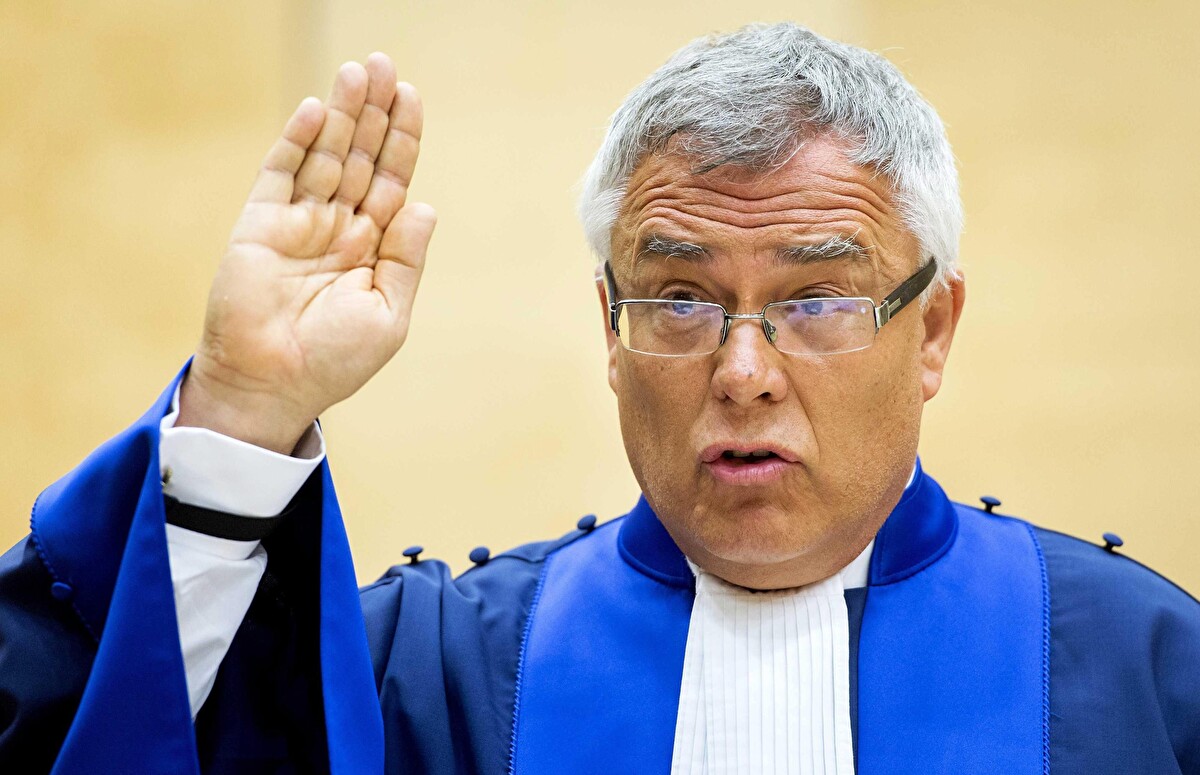“Armenians face this day with a heavy heart,” said a woman as she frowned, with head hung low, during a silent protest in Yerevan’s Republic square on September 21. Were wishes of happiness for the day conceded, the emphatic retort was, “We all are very sad this day.”
Just as years past, Independence Day 2023 was still nothing for Armenians to enjoy. East-side neighbor Azerbaijan made its military offensive strike on September 19, against indigenous Armenians living in The Republic of Artsakh. They had been living in the region centuries before the region, sitting in the South Caucasus, became a breakaway state. Also called Nagorno-Karabakh, it is internationally recognized as part of Azerbaijan.
Armenia the small, landlocked Christian state of three million, lies deep in the middle of the Caucasus, among three large countries, and backs its indigenous peoples. “Some of us have relatives there, so we are feeling their pain,” said George, a young man on a bus headed out of town, to Vanadzor. “I just don’t want to be in the protest each year. It must stop,” he said.
Turkey sits west of Armenia, but backs Azerbaijan for like-minded religious beliefs. Iran lies to the south and its Foreign Affairs Ministry has stated that Iran is diplomatically engaged with both countries to ensure Caucasus peace. Georgia, which sits atop Armenia at the north, is the only country that has an open border to travel to and from Armenia. Its Prime Minister Irakli Garibashvili unveiled the “Peaceful Neighborhood Initiative” at the 78th UN General Assembly to foster peace in the South Caucasus. Russia claims to back Armenia for a multiple-fold of [unsaid] reasons, one of which is their similar orthodoxy.
All these declarations by Armenia’s neighbors, and Russia, seem almost sclerotic since both countries have been in a seemingly endless fight each year. Bloodshed since the 80s – latest escalation in 2020 with thousands killed within six weeks – are just for land alone in such a small region? Other large countries are doing the same, but why should these two follow suit? Which person, or country’s leader, can ever take the land they live on to their grave? And if that were a possibility, what for? … so much that sharing is not a trait aimed at displaying, for the sake of humanity?
Could the fights be over religion then? And if so, then really? In the 21st Century countries are killing each other over “a god”? Is god then the narcissist who does not urge his believers to love their neighbor, nor to share? One could then conclude that the Muslim god of Azerbaijan and Turkey, versus the Christian god of Armenia and Russia, both agree that sharing is not a godly trait. So then is it piety over propriety over property or the other way around? Is religion simply a nominalism, and not true intimacy with the Supreme Being in order to act out its decrees?
In an era when [Eur]Asian peoples run a strong and proud “positive-collectivist” society, versus Western individualism, the true meaning of togetherness does not shine through the murderous displays. The narcissistic “me, my, mine” ism is then an oxymoron. Voiced “let peace reign” slogans, but no “let’s work together” action. Only the constant “this land is my land, get off of it” resounds. Such futility.
Slowly developing countries, not yet up to par in neither global education standards nor quality of life. Despite having some export revenue, finances are low. Yet, such a waste of time, supplies, essential arms, money, energy, and most importantly … lives. Despite the fact that there is still a vast amount of unused land mass that could more than sustain the roughly 250,000 Armenians living there.
So again, what for? All for nothing, nothing that really, truly matters nor is of intrinsic value.
The concerned International Committee of the Red Cross (ICRC) has called on all military authorities to ensure, respect and protect civilian life and infrastructure, in honoring their international humanitarian law obligations.












